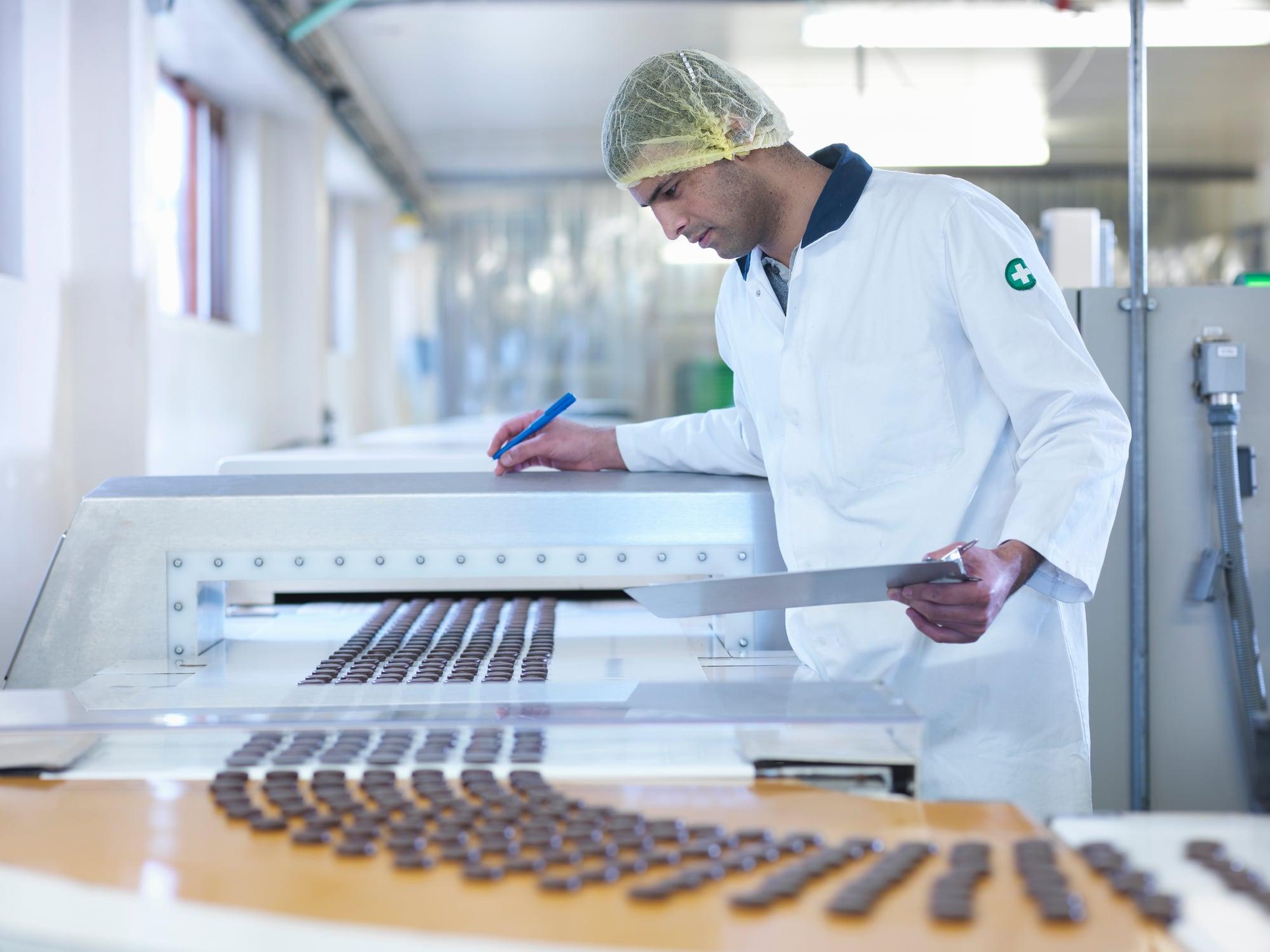The US authorities’s delays, implementations and suspensions of commerce tariffs have sparked international confusion and despatched the meals and beverage business into disaster administration mode.
“The uncertainty surrounding President Trump’s tariffs, coupled with ongoing labour shortages, are creating important stress on meals and beverage companies,” says Georgie Thomas, managing director of meals and beverage platform, Choco.
Added to this, producers are grappling with rising manufacturing prices and spiralling commodity costs, leading to ever-tightening margins.
For wholesalers and distributors, the tariffs on imported items will enhance prices for internationally-sourced merchandise like fruits, greens, and drinks. These greater prices will minimize revenue margins and will end in elevated costs for shoppers. That is notably true of small and mid-sized companies that lack the buying energy of bigger operations. Distributors are additionally dealing with disruptions to their provide chains, as modifications in import costs and availability of products results in stock challenges. That is already delaying deliveries and impacting inventory ranges.
And producers may really feel the consequences of Trump’s tariffs from shoppers too. As meals costs rise, shoppers will seemingly scale back spending, notably in price-sensitive classes akin to alcoholic drinks, luxurious meals objects and, sweets and snacks.
All this, Thomas says is main corporations to more and more flip in the direction of synthetic intelligence (AI) as an answer to streamline operations and preserve profitability.

F&B accelerating change to AI?
AI affords a essential benefit within the present financial local weather by enabling companies to automate duties that don’t require human intervention.
“By offloading these repetitive processes to AI, corporations can release their staff to concentrate on extra impactful work, like nurturing buyer relationships and driving gross sales,” says Thomas.
This shift is very vital as companies face rising prices from tariffs and ongoing labour shortages.
AI prices rising
Whereas adoption of AI is more likely to enhance below Trump his, at the moment paused, tariffs will make the know-how dearer. It is because the price of AI-reliant applied sciences akin to server and knowledge centre components from provider nations together with Taiwan (32%) and South Korea (25%), will rise.
Nonetheless, even this received’t gradual the adoption of AI, says Jason Snyder, chief know-how officer at Momentum Worldwide.
“They’ll velocity up the scramble. Shortage drives adoption and AI will really feel extra inevitable than ever,” he says. “The irony right here is by making curiosity infrastructure dearer, tariffs validate the worth of AI. If corporations are keen to pay extra to entry compute and GPU, it signifies that AI is crucial, not elective.”

AI already reshaping meals and beverage
Although nonetheless in its infancy, AI is has already had a dramatic impact on the meals and beverage business.
It’s advancing and accelerating scientific analysis, designing new merchandise and their branding, streamlining inventory administration, and supporting regenerative agriculture by the evolution of inexperienced know-how. It’s additionally bettering the buyer expertise by features akin to product suggestions.
AI instruments are bettering forecasting accuracy, enabling corporations to raised predict demand, optimise provide chains, and handle stock. That is essential at a time when the present tariff turmoil is sparking provide chain issues internationally. This additionally helps to scale back meals waste, saving cash and supporting sustainability.
AI can be advancing meals security by bettering contamination detection, making certain product consistency, and optimising shelf life, one other important profit because the tariff debacle locations provide chains in danger and threatens international commerce.
The way forward for AI in meals and beverage
AI’s potential to revolutionise meals and beverage is limitless.
Its biggest potential lies in automated meals preparation, superior shopper insights, and the rise of AI brokers, explains Choco’s Thomas.
AI additionally has potential to realize deeper shopper insights by analysing giant quantities of knowledge on shopper preferences and behaviours.
“This may permit meals and beverage corporations to personalise experiences even additional, whether or not by tailor-made suggestions, advertising changes, or product improvement based mostly on rising traits,” says Thomas.
Moreover, he predicts that AI brokers – autonomous techniques able to executing duties and making selections – will start to tackle extra tasks inside meals and beverage operations. These brokers can handle duties together with order administration, overseeing stock, and even interacting with prospects.

